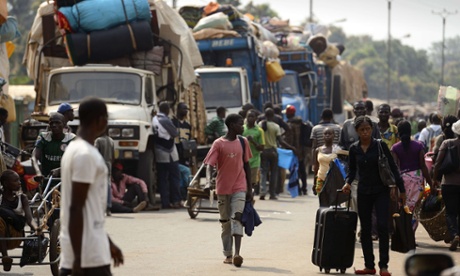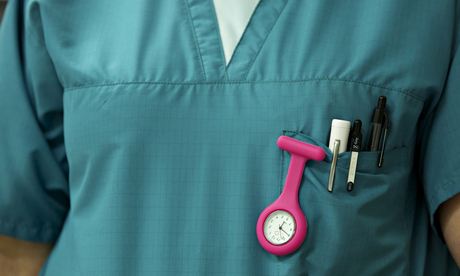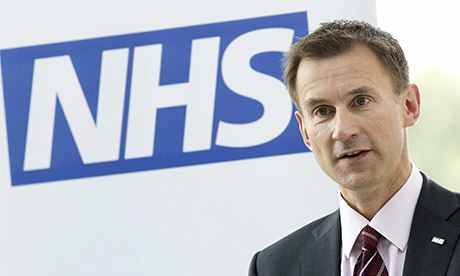The NHS is on the brink of winter crisis after a larger than expected increase in patient numbers caused a third of hospital trusts in England to warn they needed urgent action to cope last month.
The BBC commissioned the Nuffield Trust health thinktank to look at four weeks of hospital data in the run-up to Christmas and found that 50 of the 152 English trusts were at the highest or second highest level of pressure.
During the time period seven trusts had to declaring the highest level of emergency 15 times, meaning they were unable to give patients comprehensive care.
Nigel Edwards, chief executive of the Nuffield Trust, said the situation could deteriorate further in the next two weeks when the NHS was usually most stretched.
“The real crunch point generally comes in week two or three after the Christmas break … there are early signs that there is a problem,” he told BBC Radio 4’s Today programme.
NHS England insisted hospitals were coping, but Edwards said “there are reasons to be really quite concerned”.
He pointed out that hospitals were having to cope with a 4% increase in A&E attendance, which is more than expected from population growth. At the same time problems in social care was making it “really tricky” for hospitals to free up beds, he said.
“If you can’t get patients out of the back of the hospital, home, then obviously, the whole system begins to seize up,” he told Today.
“Anecdotally, what you are hearing from chief executives of trusts is that they are experiencing very, very high levels of pressure in their A&E departments.”
The Nuffield Trust found that some of worst problems were in Berkshire, the West Country, and parts of the east Midlands. But Edwards pointed out: “This pattern of increase demand is spread right across the country.”
Dr Taj Hassan, president of the Royal College of Emergency Medicine, warned that hospital emergency departments “are in an absolute acute state of distress”. “This is on the background of chronic underfunding, understaffing, both in health and social care and failures in the wider urgent emergency care system.”
Hassan said the issue was the “number one item on the agenda” in a meeting the college had on Thursday with the NHS chief executive, Simon Stevens. “Our four hour performance in A&E departments is the worst in 15 years. We entered this winter in the worst state of affairs possible and we predicted that this situation would arise,” he told Today.
Hassan called for emergency funding to resolve problems in social care to help free up hospital beds.
He said: “There is an absolute and urgent need to address the patients who are fit to be discharged from hospital, which in some systems is running between 10% or 20%.
“We need to move those patients back into the community so that we can create flow in our hospitals and our significantly overcrowded emergency departments which are struggling badly.”
In a statement NHS England said: “The NHS’s tried and tested plan is currently managing the ongoing pressures of winter. The public can play their part avoiding going to A&E and using their local pharmacy and NHS 111.”
NHS on brink of winter crisis after increase in patient numbers



